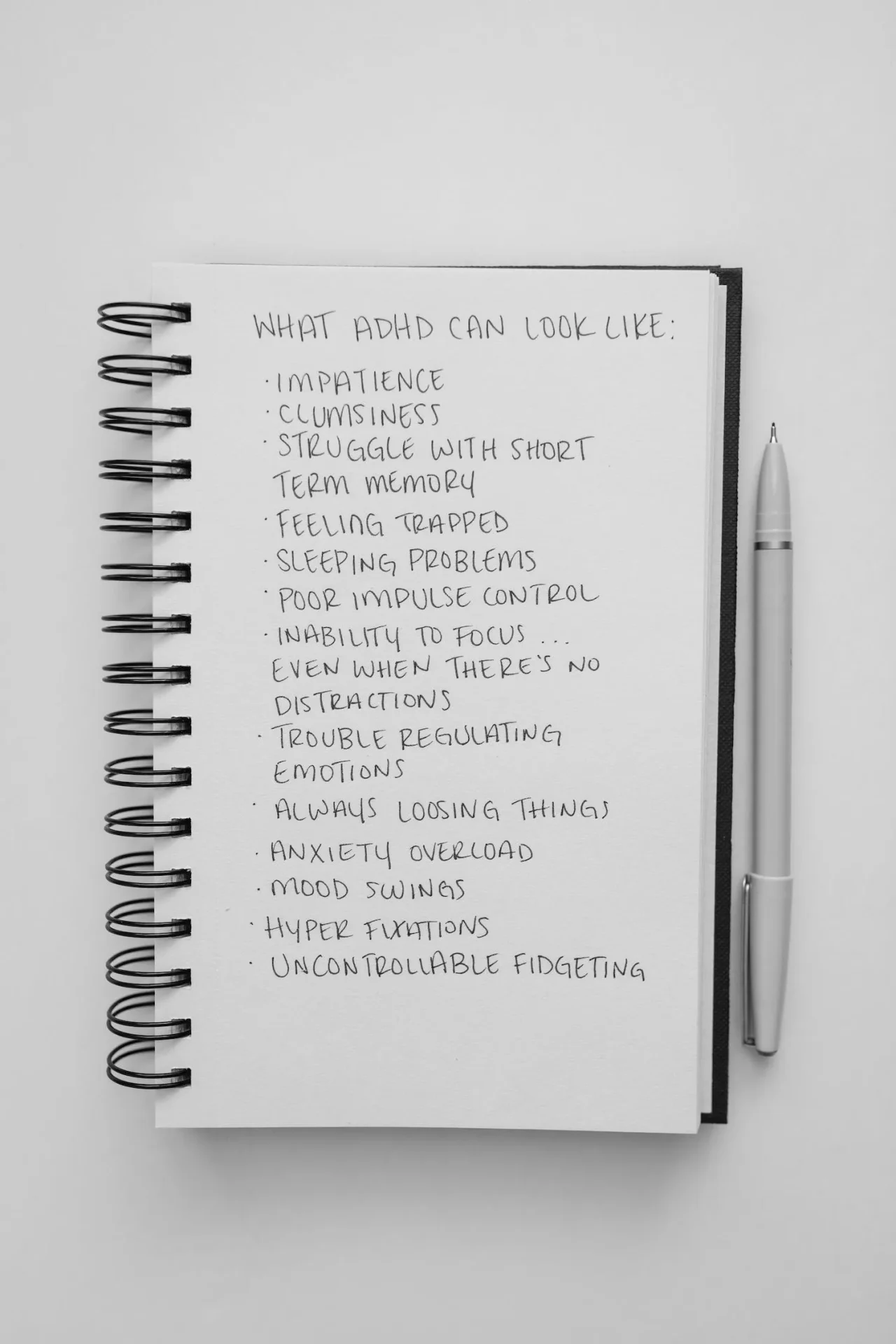In these unpredictably hectic times, dealing with Attention Deficit Hyperactivity Disorder (ADHD) may appear as a daunting task. However, with a proactive approach and an understanding of your strengths and weaknesses, you can turn challenges into opportunities.
The Stress-ADHD Conundrum
Individuals with ADHD often grapple with self-regulation and complex executive functions, a tussle that can get exacerbated during stressful periods. Stress becomes a petri dish for ADHD symptoms, causing a spike in impulsivity, forgetfulness, and difficulties concentrating.
Why is stress management crucial for those with ADHD?
Aside from the heightened symptoms, chronic stress can lead to anxiety, depression, and a host of physical health issues, ranging from gastrointestinal problems to heart diseases. Thus, treatment of ADHD during times of stress requires a multifaceted approach that addresses both the symptoms and the emotional toll.
Navigating Through the Stress-Symptom Cycle
Skillful navigation through stressful periods as an ADHD individual requires understanding the interplay between stress and ADHD symptoms and harnessing effective coping mechanisms. Here are some powerful yet practical steps to move towards a more balanced and symptom-managed life.
FAQ: Can practising mindfulness help ADHD symptoms?
Absolutely! Mindfulness has procured a prominent place in mental health management and can be particularly beneficial for those with ADHD.
Mindfulness: The First Responder
By practicing mindfulness, you invite yourself to live in the present moment and redirect your focus from distressing thoughts.
How do I practice mindfulness as an ADHD individual?
Here are some essential, doable steps:
- Start small. Begin with a two-minute mindfulness practice and gradually increase the duration.
- Practice regular meditation. This could be a mindfulness-based meditation that encourages you to focus on your breath or a guided meditation.
- Disengage from digital distractions. Ensure minimal technological distractions during this time to maintain focus.
Embrace Routine: Your Reliable Companion
Creating and sticking to a routine can seem overwhelming, particularly for individuals with ADHD. However, a well-structured routine can significantly reduce stress and improve symptom management.
How to create a balanced routine?
- Aim for balance. Don’t cram your schedule with back-to-back tasks.
- Segment your day into manageable parts.
- Allocate time for self-care as well.
Conclusion? Not quite – A time for introspection
Dealing with ADHD amidst stressful periods can indeed put your strengths to the test, but remember – every obstacle offers an opportunity for growth. In challenging moments, it’s essential to look inward, acknowledge your needs, and take proactive steps to address them.
What’s the most significant takeaway from managing ADHD in stressful times?
The journey of managing ADHD during challenging times highlights the importance of resilience and adaptation. In the quest for resilience, remember, every step, however small, is progress.

